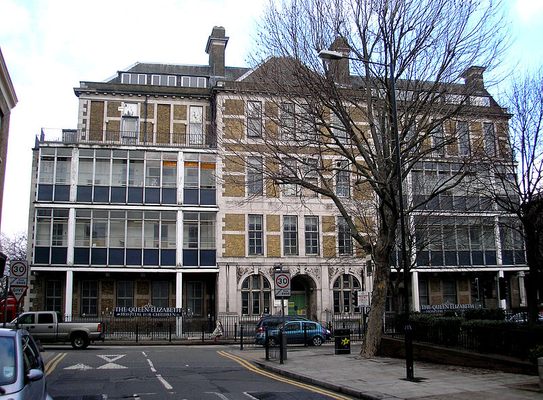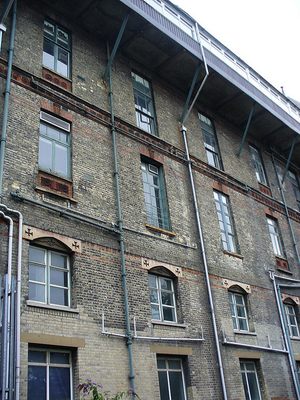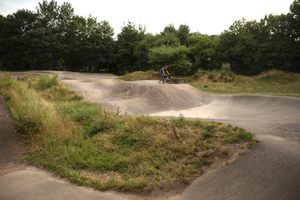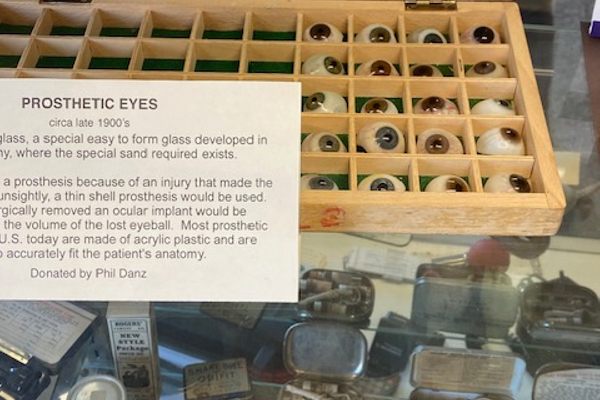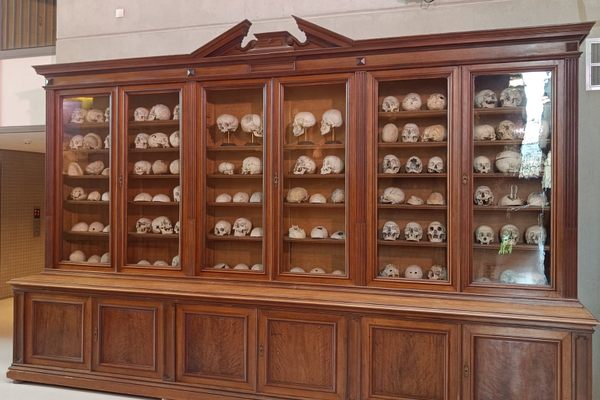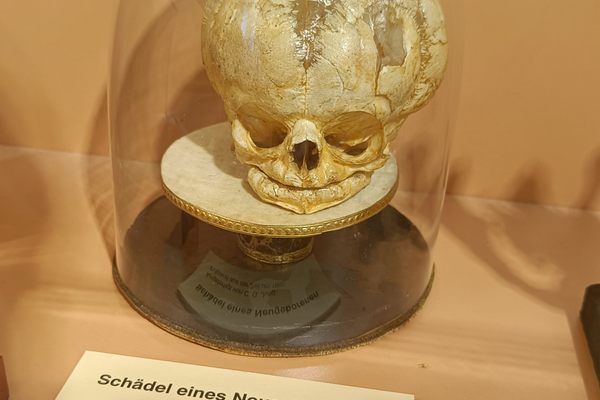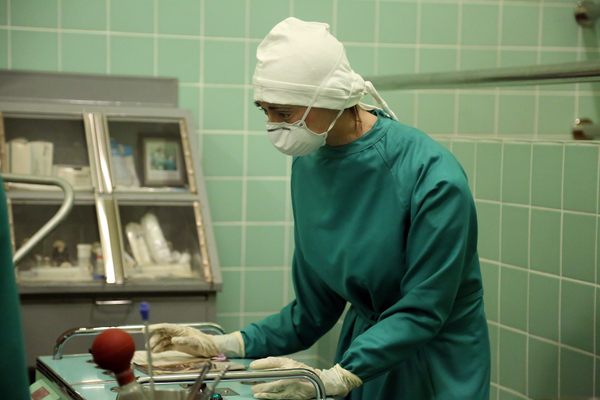About
The Queen Elizabeth Hospital for Children was founded after a cholera epidemic revealed the squalid living conditions of children in 19th century London.
An 1860s hospital report disclosed horrifying child mortality rates resulting from lack of basic sanitation, ventilation, and hygiene. The establishment of clinics designated for the care of children was met with resistance ,as it was believed at the time that children should remain in the care of their mothers.
In 1870, the Phillips sisters of Bethnal Green obtained the lease of 327 Hackney Road and set about building a hospital dedicated to improving pediatric care in east London. Four years previously, Ellen Phillips had worked at the Royal London Hospital during the Great Asiatic Cholera Epidemic, and had experienced firsthand the devastating effects of a 24 percent infant mortality rate.
When the hospital first opened, it had space for just 12 inpatients. But during the first hundred years after it opened, the hospital continued to expand as it outgrew its original building. In 1904, new outpatient, diphtheria, and isolation wards were opened and a nurses’ home built two years later. Following a donation of £350,000 from the Charles Hayward Charitable Foundation in 1969, a further development was built housing labs, a diagnostic unit, library, and the Academic Department of Child Health.
The hospital began in a small house in Bethnal Green as a “Dispensary for Women and Children.” Flocks of child-patients awaiting care made it all too obvious that expansion of the hospital was necessary. After several locations and renovations, the hospital settled on Hackney Road in 1904 and was renamed four years later the “Queens Hospital for Children.” It opened a country branch called the Little Folks Home (named after the Little Folks magazine) at Bexhill-on-Sea in 1911. This was evacuated to Woking during World War II
The hospital buildings caught action during World War II as an Emergency Military Hospital, a War Office, and even a Prisoner of War camp. Following the war, the hospital became a hub of medical research, advocating modern techniques for the treatment of children’s medical conditions. It survived decades of mergers and changes in management until in the Hackney Road site closed in 1997 when the bulk of its services transferred to The Royal London Hospital as the Queen Elizabeth Children's Service. The hospital shut down in 1997 and its staff and research were transferred to other medical units.
The buildings have since been left to ruin and like most abandoned sites have garnered a small community of paranormal explorers who obsess over the spooky aura that now pervades the buildings.
Update as of July 2021: The abandoned site has been transformed into a housing complex.
Related Tags
Community Contributors
Added By
Published
August 22, 2013
Sources
- http://www.qech.co.uk/
- http://www.ncbi.nlm.nih.gov/pmc/articles/PMC1748965/
- http://wikimapia.org/25860875/Queen-Elizabeth-Hospital-for-Children
- http://www.eastlondonlines.co.uk/2014/02/the-queen-elizabeth-childrens-hospital-150-years-of-history/
- http://discovery.nationalarchives.gov.uk/details/r/f4206fb7-ba10-41d8-bc03-59da8ab89402
